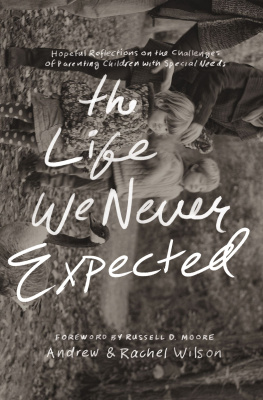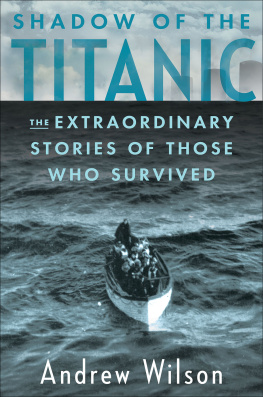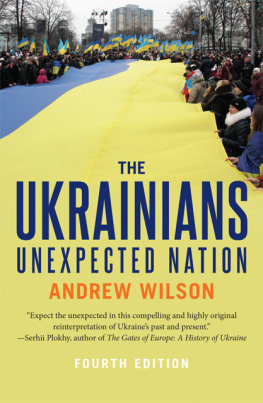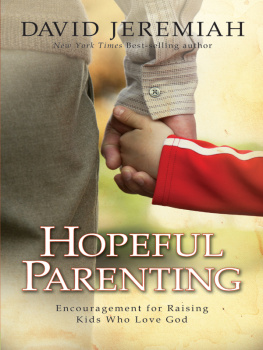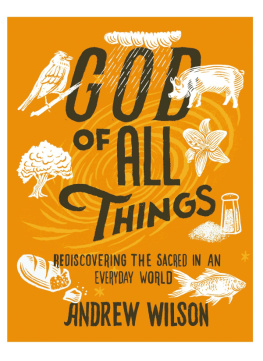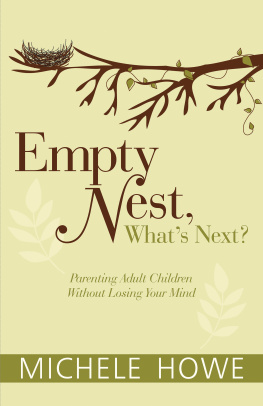Table of Contents
Landmarks
WeepingWorshipingWaiting Witnessing And Breathe
Rachel
In many ways, it is amazing that any marriages survive raising children with special needs. Those that do are a wonderful testimony to the grace of God and certainly not (at least in our case) a wonderful testimony to our resilience and strength of character. A relentless schedule of specialist appointments, filling out forms, meetings, unexpected hospitalization, repetition, persistent sleep deprivation, difficult mealtimes, public embarrassments, and financial pressures can create a lethal cocktail for any marriage. When you add in the personal disappointments and frustrations most parents experience and the sense of disenfranchisement that comes with them, it is not at all surprising to learn that according to a recent Families and Children Study, a higher percentage of single - parent families (vs. two - parent families) in Britain have a child with special needs.
So lets just come out and say it: raising children with special needs is hard on a marriage. When a child has a disability, it is more than likely that one parent will take on the role of caregiver at home, while the other will become the sole breadwinner. Operating in these two very different worlds presents all sorts of marital challenges. The woman (usually) faces the brunt of the day - to - day difficulties, and the man (often) faces the guilt and shame of being unable to protect her from them.
The story I had planned for my life was turned upside down with the birth of our two children. Even as a child, I had been ambitious and driven about achievements at school, and I was sure that an exciting and rewarding career lay ahead. Like most British girls, I suppose, I saw marriage and motherhood as being a chapter of life or maybe a background plot. I married young, went on to get a first - class degree, and was accepted into a competitive internship program.
Like many young women, I was aware that motherhood would be a hefty challenge, and once I discovered I was pregnant, I did what I could to prepare, just as I would for any other great challenge. I read, sought advice from people I respected, prayed, and studied other parentsboth those I wanted to imitate and those I was sure I did not! But what I hadnt anticipated was that this was not the sort of challenge you could carb up for in advance. It was hugely demanding but not in the sorts of ways I had expected or experienced previously. There was no structure provided and no feedback available. There was no appraisal system, which meant there was no way of knowing whether you were performing your duties well or badly. Days were monotonous and lacked adult conversation. It felt like being in a workplace where someone had systematically and yet for no apparent reason excluded you from all the meetings and left you on the factory floor on your own.
That much, I imagine, any stay - at - home parent will tell you. But when we first suspected, and then had confirmed, that the children had special needs, it simply added to the isolation and disillusionment that I experiencedand crucially, from a marriage point of view, the gap between Andrews daily experiences and mine grew wider and wider.
Prior to getting Zeke diagnosed, we were trying to follow the (generally excellent) advice we had come across in parenting guides and manuals but were finding that they simply did not seem to work. I was increasingly aware that our children were different from their peers and that the normal parenting rules did not apply. We would go to toddler groups, and as they ignored the toys and activities and wandered around aimlessly, I would look around wondering, Why are we here? Why cant they do what the other children can do? These weekly opportunities to compare the children with their contemporaries brought me to the realization, much earlier than Andrew, that our children were different, so I realized that we needed to treat them differently. Fewer words. More flexible eating requirements. Movable boundaries. Avoiding lecturing them as much as possible (Zeke, quite genuinely, finds a lecture so stimulating that he thinks it is a game and will repeat the behavior in order to get another). And so on.
Andrew, on the other hand, wanted us to persevere down the traditional road of family life: clear boundaries, lots of verbal encouragement, firm discipline, sanctions where necessary. Our parenting became disjointed, causing friction between us. We tried hard not to be controlled by the children and yet to continue to lead in the church, offer hospitality, be generous financially, budget frugally, and work long hours as we had always done. Before entering church work, Andrew had been a management consultant in the city, and he was determined that just because he worked in a church, he would not drift in late and clock out early. But trying to hold to all these principles, in the face of very new circumstances, was taking its toll on me.
Because Andrew was working, I did most of the appointments and hospital stays and check - ups , and as I fed back to him later, describing alien concepts like sensory needs , I would get the distinct impression that he was not convinced. My daily routine was about learning and integrating all this new information into parenting; meanwhile, he was concerned that I was being bamboozled by woolly social - care mumbo jumbo and becoming a pushover (which, at times, I probably was). We were pulling in different directions, and the strain was increasing.
At the same time, Andrew was working hard, and even harder at home, hoping each day to come back to a happy familyonly to walk through the front door into more tears and shouting. He did the early-morning shifts as my sleep deteriorated, took the children for long drives on Saturdays to give me some space, and spent hours on the trampoline with Zeke when I had lost the emotional energy and motivation to try anymore. I remember how defeated I felt when he first said that his day off was by far the most exhausting day of his week. This isnt what I had wanted for him, but I just didnt have the reserves to do anything about it.
In the rainy February of 2013, things came to a head. We had had a particularly difficult few weeks, struggling over what more sacrifices could be made, and things were almost at the breaking point: Anna had been hospitalized again, Andrew had been away for two days, and I had nothing left in the tank. Reluctantly at first, Andrew eventually agreed to cancel all his traveling commitments for a period of six months, decline all future invitations, and start working nine - to - five locally. Gradually, the strain decreased as we identified more with each others lives and the challenges of care day in, day out. He began to understand the limitations of traditional parenting when it came to our children. I knew that he was in the thick of it with me. Our marriage improved.
It seems so obvious now, but at the time, that small sacrifice seemed like too much. Throughout those early months of recognizing that the children had special needs, we had been desperately clinging to the idea that there must be limits to the control they were able to wield with their meltdowns, refusal to eat, erratic behavior, and sleeplessness. We were trying to live the lives we had always expected, even as life was imploding around us. Two years later, having learned some painful lessons, we have conceded huge amounts of ground on our previous standards for raising childrenZeke only ate toast and cereal for a year, Anna is allowed to lick metal railings, and so onand we would never go back.
In the end, because we refused to let our marriage go, we had to agree to let a lot of other stuff go. Weve gotten to a point where weve decided that our life simply cannot operate like other peoples, and certainly not like other leaders. Weve acknowledged that there are some things that might help our children, but we simply dont have the capacity to do them, because it would put our relationship under too much strain. Ive often wondered, actually, whether having a marriage at the end of it all might be the biggest challenge that special - needs families face. But if we can recognize it for the explosive battle that it is, rather than the peacetime jaunt we hoped it would be, then at least we can throw all our best firepower at the challenges and concede more ground in other areas to protect something that is truly valuable in Gods sight.

